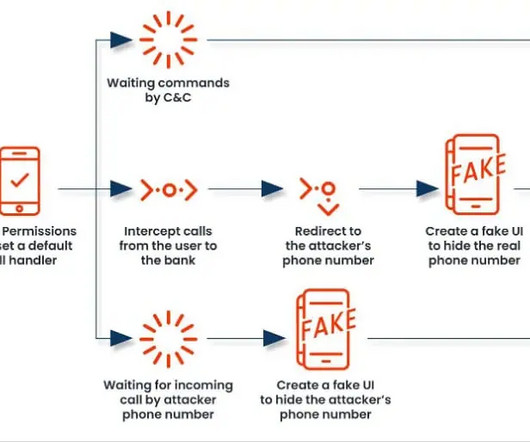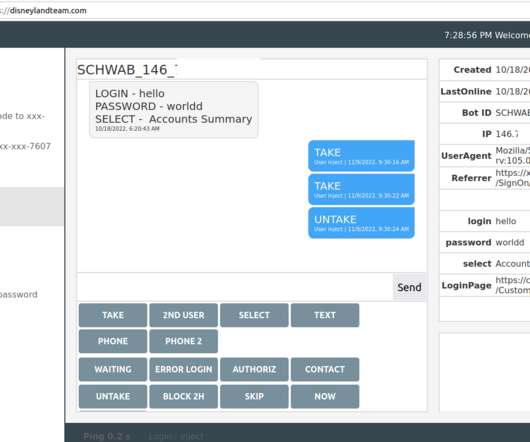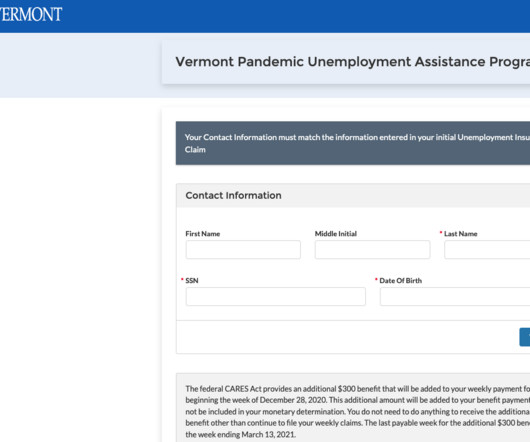How Cryptocurrency Turns to Cash in Russian Banks
Krebs on Security
DECEMBER 11, 2024
They also allow the exchange of cryptocurrency for cash in accounts at some of Russia’s largest banks — nearly all of which are currently sanctioned by the United States and other western nations. At that address is a three-story building that used to be a bank and now houses a massage therapy clinic and a co-working space.






















Let's personalize your content